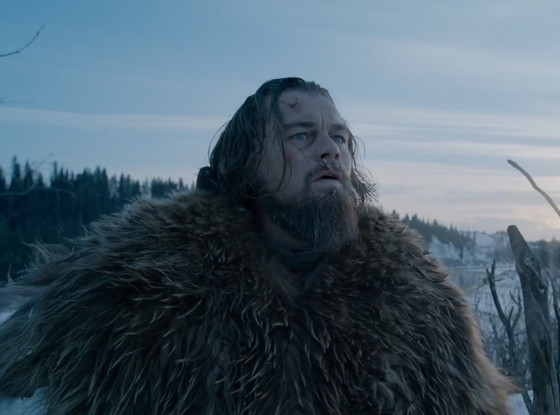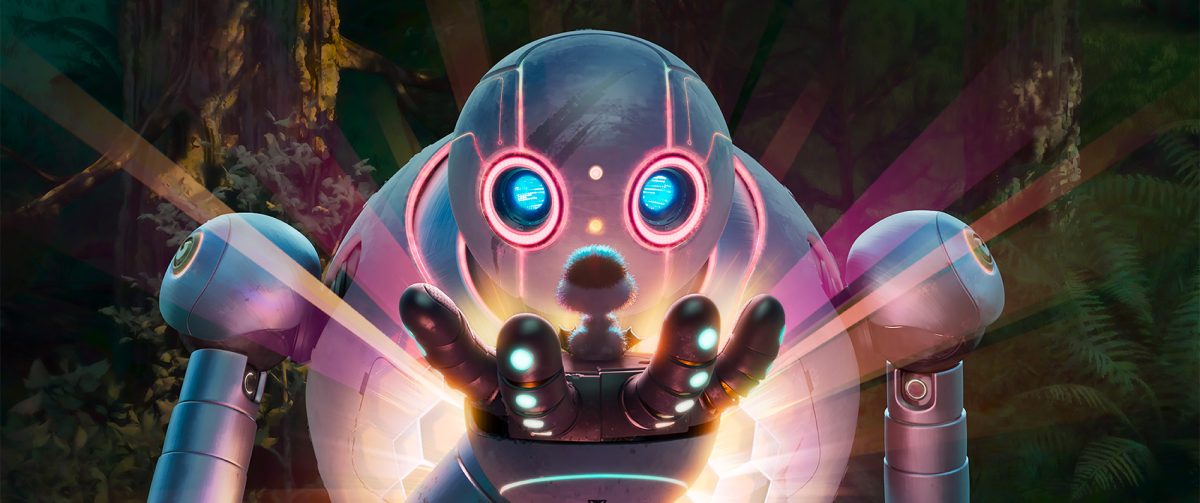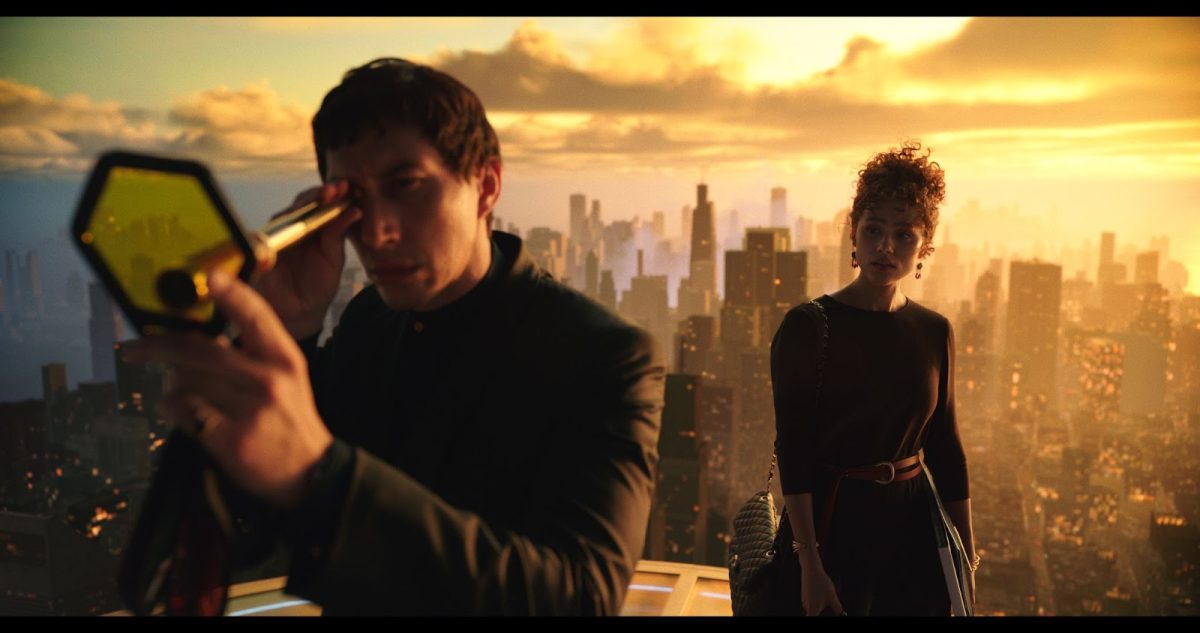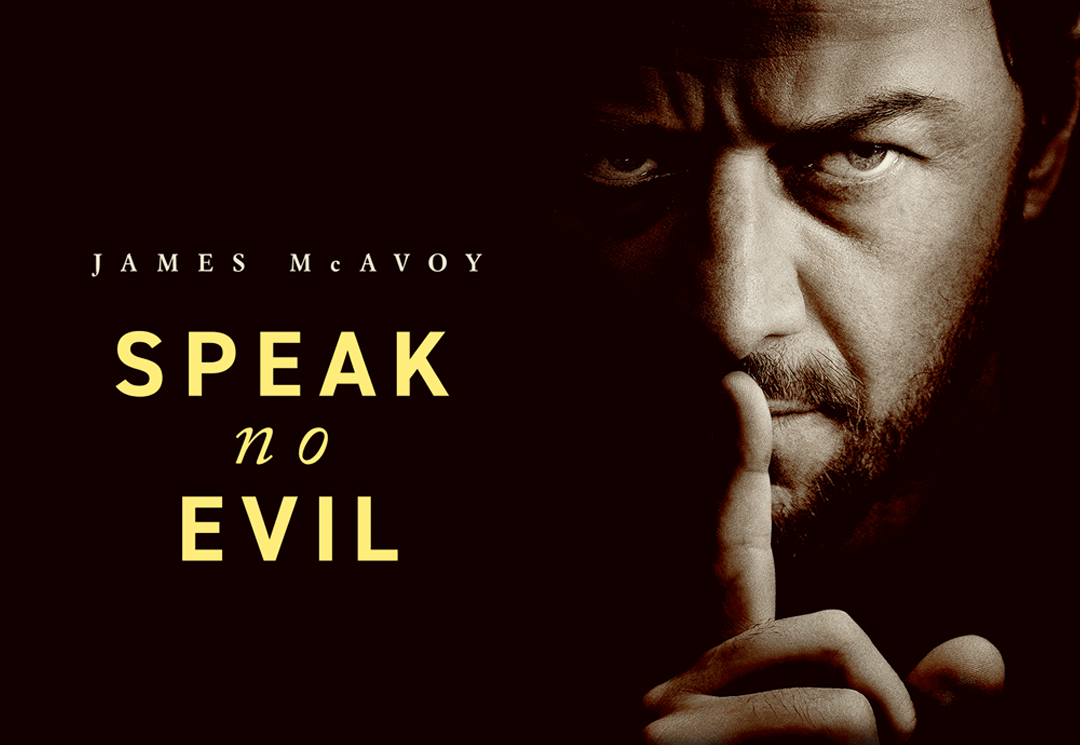Alejandro Inarritu’s tale of a revenge-driven frontiersman produces Leonardo Dicaprio acting like a man possessed, and plenty of reasons to hate bears.
To appreciate an Alejandro Inarritu film is part of a balancing act. On one side of the scale, there’s a gripping humanity and an existential filmmaking. On the other, Inarritu’s films seem obnoxious and pretentious. A clear-cut example is his last film, Oscar “Best Picture” winner Birdman, a surrealist, satirical rant against superhero movies. It was a lively movie about movies and hopelessly pedantic, with an excellent cast and cinematography, but whether Birdman will have a long-lasting impact remains to be seen. Making a “meta” film tows the line extremely close. Sometimes you get a masterpiece like 2001: A Space Odyssey and sometimes you get a dud like Tree of Life. Inarritu’s scaling back some (not all) of his search for meaning is the best thing that could have happened to this film.
Enter Frontiersman Hugh Glass (Leonardo DiCaprio) guiding a team of fur trappers in the Louisiana Purchase era American West. In the midst of a hard, yet profitable winter, they’re forced to ditch most of their haul to escape a deadly assault from the Powaqa tribe–Glass’ loyal half-Pawnee son Hawk (Forrest Goodluck), and his rival trapper Fitzgerald (Tom Hardy). Later, after Glass is mauled by a bear, Fitzgerald leaves him for dead. Then comes the crux of the film–Glass sets out to murder the bastard. And Tom Hardy does play a wonderful, conniving bastard; you see it on his face when he asks a semi-conscious Glass to blink if he wants to be put out of his misery. This is the fantastic character dynamic, with Dicaprio’s vitality and Hardy’s menace, that drives the film to the point where you’re praying that Glass gets the sweet kill.
When Glass wakes, he isn’t dead, but he might as well be. I’m not the first to say that when DiCaprio commits, he really commits. He’s reduced to a grunting, foaming mess, excelling in a role with limited dialogue . DiCaprio spends his journey crawling, freezing and cauterizing his wounds. At one point, he takes a page from Han Solo in The Empire Strikes Back. DiCaprio’s performance is so convincing; when a starved Glass munches on the carcass of Buffalo, you aren’t shocked it was the real thing. Inarritu’s calling card is an embattled, even emasculated male lead— Sean Penn in 21 grams, Brad Pitt in Babel, Javier Bardem in Biutiful— and DiCaprio might be better than all of them. Feel free to add an obligatory “he-still-won’t-win-an-Oscar” joke–it’s impossible to ignore his passion injected into the role.

But with a film set in the early American West, Inarritu avoids applying any White Savior tendencies from Glass’ character mold. The Native Americans are shown as a warring tribe with complex goals, not as one evil entity. At no point does Glass, a white fur trapper with a Pawnee wife and child, lead the helpless Native Americans to salvation. If they kill, it’s because they were provoked by the men stealing and killing on their lands. Forrest Goodluck is an actual Native American, and is cast as one–a lesson that the makers of The Lone Ranger and Pan could learn.
Now, the balancing act. Inarritu’s strength has always been his camera work (thanks to cinematographer Emmanuel Lubezki) especially with Birdman. Throughout The Revenant, you can tell Inarritu’s is self-absorbed, constantly leaving the action for several glamorous shots of trees and rivers. However, good cinematography alone does not equal a good movie. There are about three more dream sequences than I can handle. But I can forgive all that because of The Bear Scene that even though you know is coming, you’re still not prepared for. Although exaggerated by the media and critics alike (just type “The Bear Scene” into Google and see what comes up), the rush of the grizzly bear mauling Glass is stunning. To boot, the score (Ryuichi Sakamoto) is a captivating mix of Inarritu favorites: drums, cellos and ambient music, which bolster the blistering pace of the action and Glass’ somber moments of reflection.
The Revenant, which swept Best Drama, Best Actor and Best Director at the Golden Globes (let’s pretend that means something) is enrapturing from the start. It’s a shade simpler than a standard Inarritu film, leaving nonlinear eccentricity (21 Grams), jumbled narratives (Babel) or condescending comment on cinema (Birdman), at home. It’s the Native American ambush on the hunting camp, Glass’ narrow escape from the pursuing tribe, and Glass and Fitzgerald’s mano-a-mano showdown that drive the film. The thrilling quality of The Revenant makes you look past most of the pretension, locking you in a trance for an immensely entertaining movie.

—
For more information or news tips or if you see an error in this story or have any compliments or concerns, contact entertainmentnews@unfspinnaker.com.











